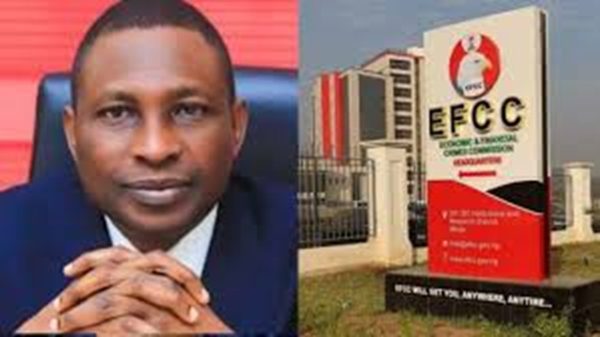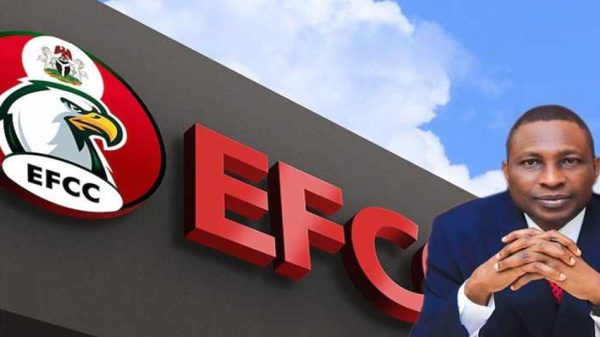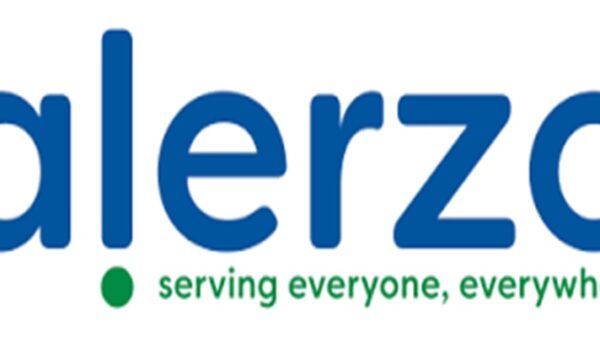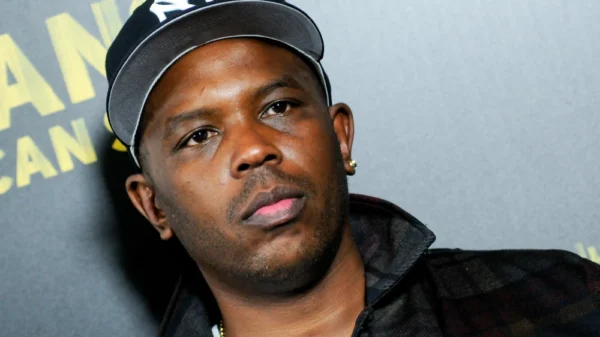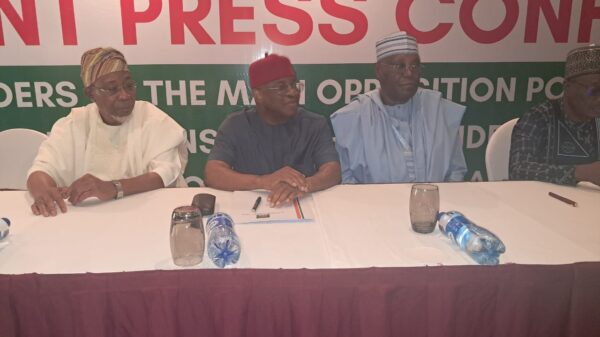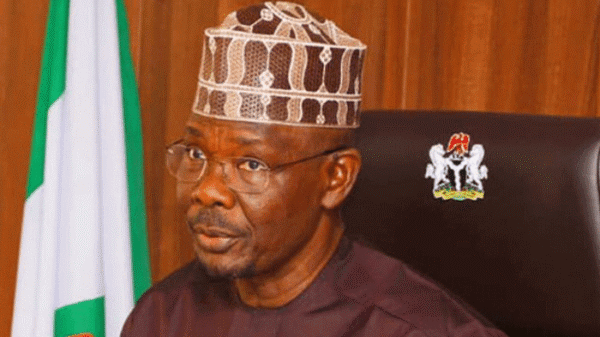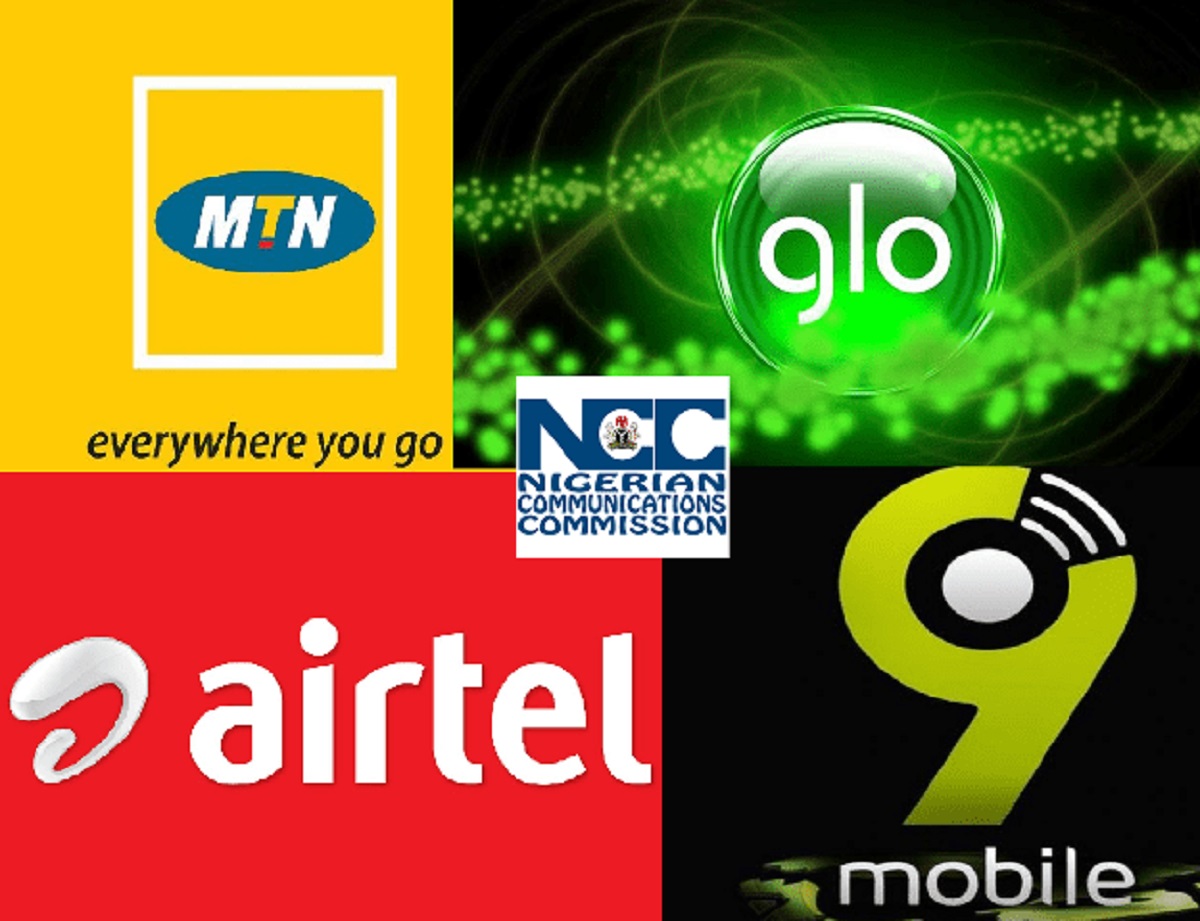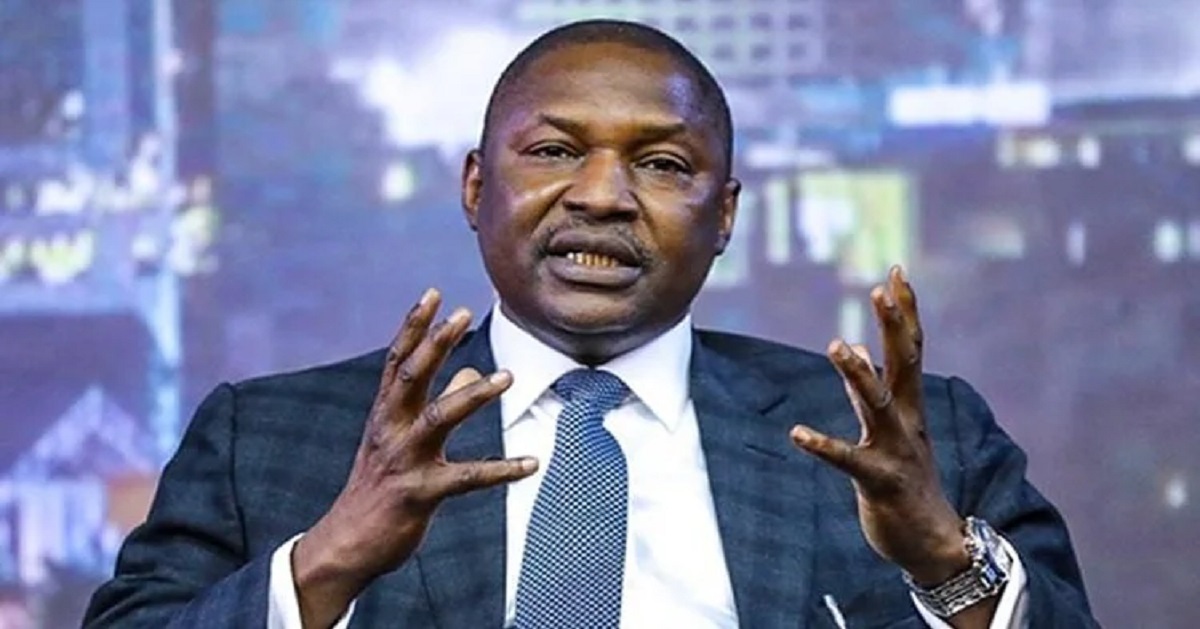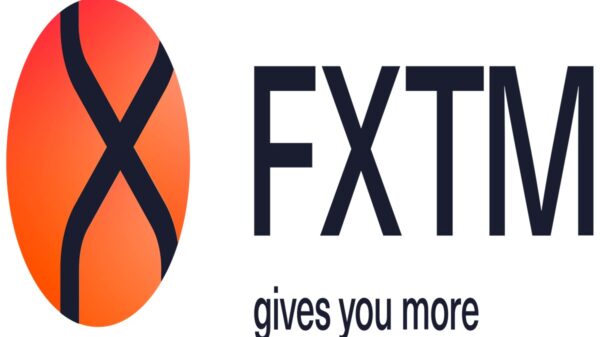After over a decade of maintaining stable pricing, Nigeria’s telecommunications industry has implemented a 50% tariff increase, a move that has stirred mixed reactions and ignited conversations nationwide.
Approved by the Nigerian Communications Commission (NCC) on January 20, 2025, this adjustment marked the first tariff change in 12 years and is attributed to rising operational costs and the need for long-term sustainability within the sector.
Reactions to the tariff hike have been largely focused on the newly-priced data plans. However, charges for SMS, and voice calls have increased across different networks. Users noticed that text message prices have risen to N6.00 from the previous N4.00. Telco giant, MTN Nigeria, began to implement the increase on its data prices. Followed closely by Airtel. Glo and 9mobile are expected to follow suit. (Additionally, Airtel has introduced a 25 kobo flat rate for all voice calls.)
The price hikes have sparked widespread discussions, with subscribers taking to social media to voice their discontent. Nigerians have expressed concerns over higher telecom costs, especially with rising inflation and the removal of fuel subsidies. Telecom operators have explained, on the other hand, that call and messaging tariffs have remained static for years, while they have faced soaring operational costs.
These costs have been driven by inflation, exchange rate fluctuations, and the substantial investments required to meet growing consumer demand. Industry data indicates that running costs have surged by over 300% in the last 18 to 24 months, forcing operators to scale back investments in network infrastructure.
According to the Chairman of ALTON, Gbenga Adebayor, many systems within the telecom sector are outdated and require optimisation. In his words, “If nothing is done, we might begin to see in the new year grim consequences unfolding, such as service shedding. Operators may not be able to provide services in some areas and at some times of the day leaving millions disconnected.”
The coming months will be critical in determining whether the tariff increase can indeed revitalise the industry and pave the way for sustainable growth.
![]()


